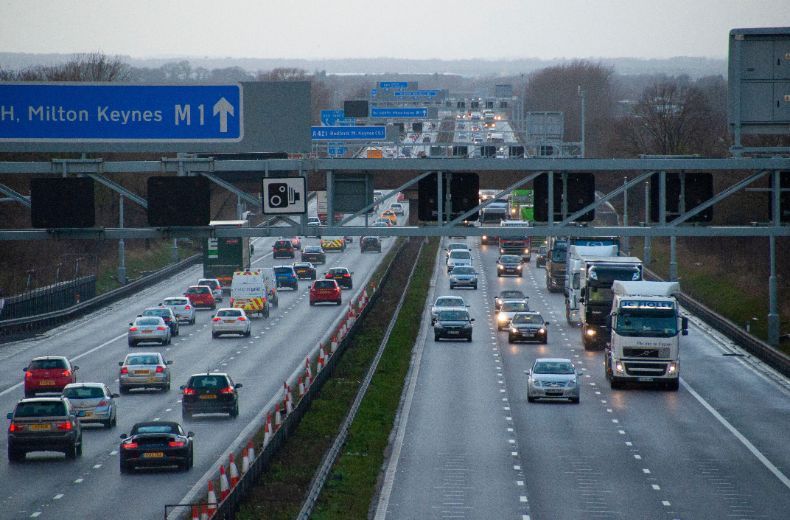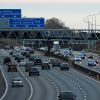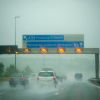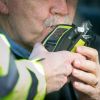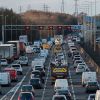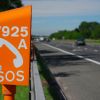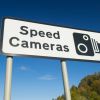The Transport Select Committee asked a group of industry leaders – including a representative from the RAC – whether they’d feel more comfortable with relatives using a ‘controlled’ motorway with a hard shoulder or an 'all lane running' smart motorway with no hard shoulder and all the promised safety improvements.
Chris Todd, assistant chief constable at West Midlands Police, said 'if pushed', he would choose for his relatives to have the 'additional' safety of a continuous hard shoulder.
The chief constable said: “In the way it was described, the all-lanes running (motorway) with ERAs (emergency refuge areas) and with the SVD (stopped vehicle detection) system in place, I would have a high level of confidence.
“But if I was pushed for an overall or binary decision, I would probably opt for the controlled motorway in terms of the additional facilities that it provides from a policing perspective.”
This means that although he'd be confident on a smart motorway without a hard shoulder if it had all the planned safety improvements active, he'd still prefer a motorway with a full hard shoulder.
RAC head of policy Nicholas Lyes said he would also favour the controlled motorway with a hard shoulder option, but with 'additional technology'.
Speaking on the removal of the hard shoulder, Mr Lyes added: “We fundamentally changed what was needed to be done in the event of a breakdown because for decades we have had a hard shoulder.
“Then suddenly you take the hard shoulder out and there is a completely different way of having to deal with an emergency breakdown. It is a bit like changing the emergency landing procedures of an aeroplane and not telling the pilot what to do.”
On stretches of smart motorway the hard shoulder is either permanently or temporarily used as a live running lane to improve traffic flow. But drivers run the risk of being left stranded if they break down or have an accident too far from a junction or an SOS area.
Here, their safety is dependent on both the ‘red X’ being activated to close the lane, and also on drivers obeying the warning signs by changing lanes.
The Government has been under pressure to either scrap 'all lane running' smart motorways or drastically improve their safety following a number of deaths that have occurred on them. South Yorkshire Police is currently assessing whether Highways England is criminally responsible for the deaths of two men on the M1.
Last year, Transport Secretary Grant Shapps responded to a rise in smart motorway safety concerns with an 18-point action plan.
In April, the Government announced no new 'all lane running' smart motorways will be opened without radar camera technology to detect stopped or broken-down vehicles quickly. It promised plans for all existing smart motorways to have the technology installed will be brought forward by six months to September next year.
- Smart motorways – what are they and how do you use them?
- What to do if your car breaks down?
- The Highway Code – Common UK road signs and what they mean
Answering the committee, Mr Todd, who also oversees the force’s motorway response patrols, said: “In the way it was described, the all-lanes running (motorway) with ERAs (emergency refuge areas) and with the SVD (stopped vehicle detection) system in place, I would have a high level of confidence.
“But if I was pushed for an overall or binary decision, I would probably opt for the controlled motorway in terms of the additional facilities that it provides from a policing perspective.”
He also stated on record that it’s harder for police to reach crash victims when all smart motorway lanes are in use.
In his response to the committee’s key question, RAC head of policy Nicholas Lyes said: “I think to answer the question it would be a controlled motorway with a hard shoulder and with additional safety technology."
In March, Highways England launched a new campaign ‘Go Left’ to enhance drivers’ confidence about what to do in the event of a breakdown on a motorway or major A-road, with or without a hard shoulder.

RAC sale – up to 33% off*
• Roadside cover from £5.29 a month†
• We get to most breakdowns in 60 mins or less
• Our patrols fix 4/5 breakdowns on the spot


